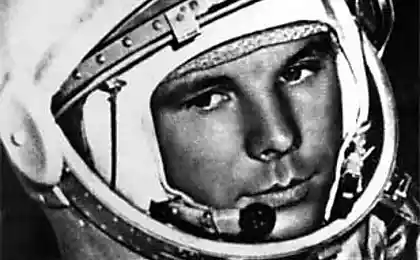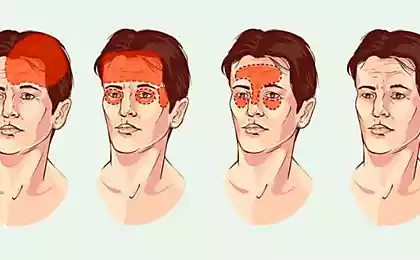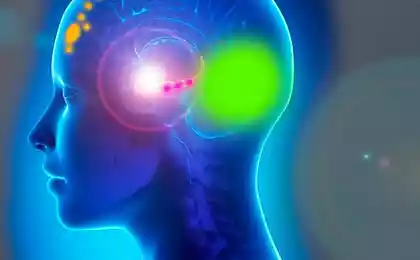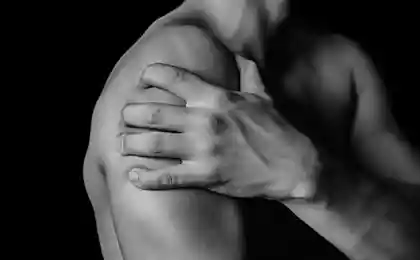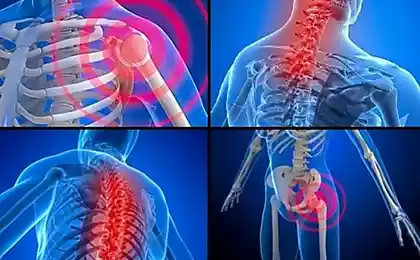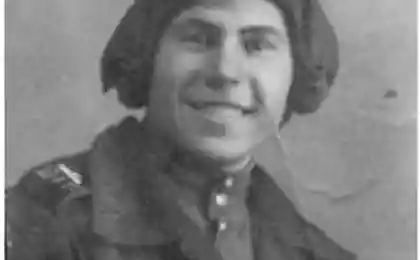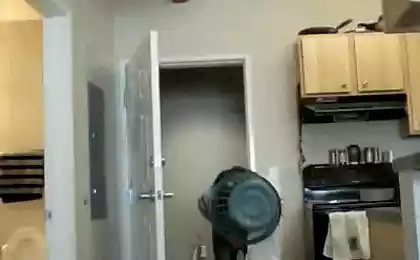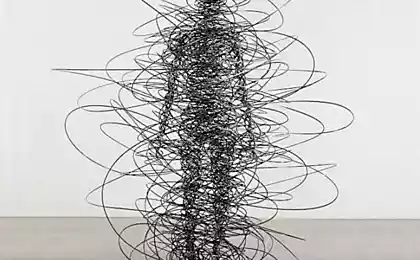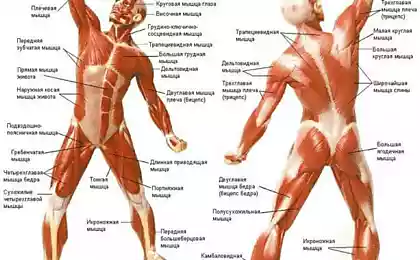142
Consequences of intranarcotic awakening: “I feel inhuman pain, I hear conversations, but ...”
In 2007, the thriller “Awake” was released by American director Joby Harold. His hero, being under anesthesia during open heart surgery, suddenly recovers, but is unable to attract the attention of doctors.
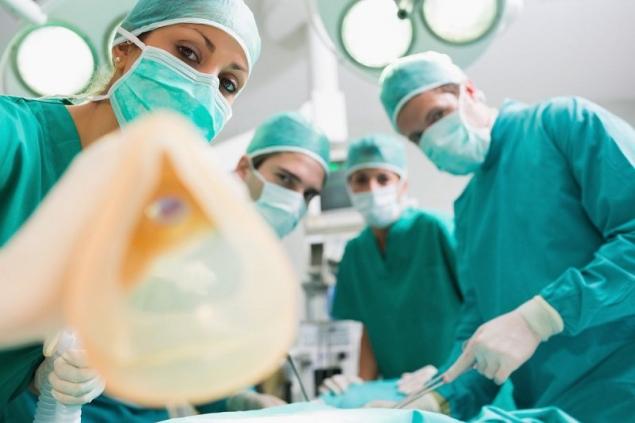
The risk of waking up during anesthesia really exists. This fact was confirmed by a large-scale joint study of British and Irish doctors. The mechanism of action of anesthetics has not been thoroughly studied, and they, like most other drugs, still require improvement. Therefore narcotics They keep seeing each other.
Complications of anesthesia The situation in which consciousness returns to the patient during the operation, in other words, when the patient is not asleep during the operation, is intranarcotic awakening.

DepositPhotos
The ability to wake up during anesthesia is due to the fact that for general anesthesia, three different drugs are introduced into the patient’s body: one of them puts to sleep, the other relaxes the muscles, the third “turns off” the pain.

With a lack of sleeping pills, there is a chance to recover at the most inopportune moment, hear the conversations of surgeons and be afraid. When in anesthesia "cocktail" sufficient concentration of muscle relaxant - a substance that temporarily paralyzes the body, a person is not able to move and can not even open his eyes to give a sign to doctors.
If, for some reason, the amount of anesthesia is reduced in the anesthesia mixture, a person feels everything that is happening to him and experiences terrible agony. Fortunately, according to researchers, such complications of anesthesia are extremely rare.
The Association of Anesthesiologists of Great Britain and Ireland has published the results of its three-year observation of cases of anesthesia in 3 million people. The probability of waking up from sleep during anesthesia was 1 in 19 thousand. Other studies have shown that this figure can be significantly higher - 1 case per 500 operations.

It turned out that more often than others during anesthesia, women wake up during cesarean section, as well as people during heart and chest operations. Obese patients and those who have trouble breathing at the beginning of anesthesia are at increased risk.
Cases of intranarcotic awakening
Anesthesiologists still cannot be 100% sure that the patient is in an induced coma during surgery. But science doesn't stand still. Scientists at Massachusetts General Hospital describe the results of a study that could help doctors accurately track patients, further reducing their risk of waking up during surgery.

DepositPhotos
Dr. Patrick Purdon and colleagues conducted studies of brain activity in healthy volunteers who agreed to be exposed to the anesthetic propofol, one of the most commonly used in modern surgery, and lose consciousness for two hours.
At the same time, during the entire time of the experiment, they recorded brain activity - an electroencephalogram (EEG). As a result, scientists received EEG samples, characteristic of immersion in anesthesia, different stages of its depth and return to clear consciousness.

DepositPhotos
The ratio of EEG rhythms, the different dominant frequencies of each, and the scalp distribution of rhythms are specific to wakefulness, sleep, and various altered or pathological states of consciousness. Dr Purdon emphasizes that his research now makes it easy to determine whether a patient is actually under anesthesia or is beginning to wake up.
85240
Let us hope that our anesthesiologists will adopt the results of these studies, and cases of intranarcotic awakening will be a thing of the past. The best way to avoid medical errors is not to go to the hospital at all.
Do you know what was said about the causes of diseases and a healthy lifestyle of the luminaries of domestic medicine? The advice of Academician Uglov and cardiac surgery pioneer Nikolai Amosov will help you maintain your health for many years to come. Health and competent doctors!

The risk of waking up during anesthesia really exists. This fact was confirmed by a large-scale joint study of British and Irish doctors. The mechanism of action of anesthetics has not been thoroughly studied, and they, like most other drugs, still require improvement. Therefore narcotics They keep seeing each other.
Complications of anesthesia The situation in which consciousness returns to the patient during the operation, in other words, when the patient is not asleep during the operation, is intranarcotic awakening.

DepositPhotos
The ability to wake up during anesthesia is due to the fact that for general anesthesia, three different drugs are introduced into the patient’s body: one of them puts to sleep, the other relaxes the muscles, the third “turns off” the pain.

With a lack of sleeping pills, there is a chance to recover at the most inopportune moment, hear the conversations of surgeons and be afraid. When in anesthesia "cocktail" sufficient concentration of muscle relaxant - a substance that temporarily paralyzes the body, a person is not able to move and can not even open his eyes to give a sign to doctors.
If, for some reason, the amount of anesthesia is reduced in the anesthesia mixture, a person feels everything that is happening to him and experiences terrible agony. Fortunately, according to researchers, such complications of anesthesia are extremely rare.
The Association of Anesthesiologists of Great Britain and Ireland has published the results of its three-year observation of cases of anesthesia in 3 million people. The probability of waking up from sleep during anesthesia was 1 in 19 thousand. Other studies have shown that this figure can be significantly higher - 1 case per 500 operations.

It turned out that more often than others during anesthesia, women wake up during cesarean section, as well as people during heart and chest operations. Obese patients and those who have trouble breathing at the beginning of anesthesia are at increased risk.
Cases of intranarcotic awakening
- I feel inhuman pain, I feel the doctor doing something in my stomach, I hear them talking, but I can’t move, I can’t open my eyes, I can’t breathe! It hurts like hell! And I don't know how to let them know that I'm awake, that I'm going to suffocate. Panic! – this is how a patient of 32 years who underwent a cesarean section operation describes her experience of intranarcotic awakening.

- "I thought I was going to die," said Sandra, a patient who regained consciousness but was unable to move during dental surgery when she was 12. Nothing else seemed to help, as if the doctor had removed everything but my soul.
- June Carson suffered cardiac arrest during surgery. The anesthesiologist did not calculate the dose, June could not move or make sounds, but she felt every agonizing minute of the operation. “Feeling the knife cutting into my stomach, I thought I would die immediately. It’s hard to describe the pain, but it felt like I was being tortured, she said. After 15 minutes of stress, her heart stopped. Fortunately, the heart was able to start again, and she woke up after 2 hours.
- A patient from the UK has undergone surgery during which his leg was dissected to drill through a bone. He was anesthetized. But he remained conscious with a tube in his throat without the ability to move. He tried to move his toes, which the nurse noticed, but the doctor convinced her that they were just reflexes. The patient became ill, and his breathing stopped, but a fan connected, which performed the function of breathing. After the operation, he sued and received £15,000 in compensation.
- In 1990, Rachel Benmayor was hospitalized nine months pregnant. It was decided to have a cesarean section under general anesthesia. Rachel remembers being taken to the operating room. She remembers the mask, the gas. But when the surgeon made the first incision, she woke up. “I remember being led to the operating table,” says Rachel. I remember the injection in the arm, I remember the gas. Then everything went dark. Then came the awareness of pain. I heard a sound. Rhythmic sound, ticking or tapping. And pain. I remember feeling terrible pressure on my stomach, like a truck moving back and forth.
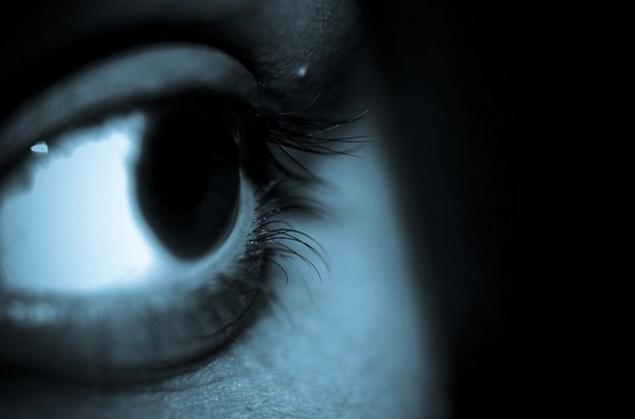
Anesthesiologists still cannot be 100% sure that the patient is in an induced coma during surgery. But science doesn't stand still. Scientists at Massachusetts General Hospital describe the results of a study that could help doctors accurately track patients, further reducing their risk of waking up during surgery.

DepositPhotos
Dr. Patrick Purdon and colleagues conducted studies of brain activity in healthy volunteers who agreed to be exposed to the anesthetic propofol, one of the most commonly used in modern surgery, and lose consciousness for two hours.
At the same time, during the entire time of the experiment, they recorded brain activity - an electroencephalogram (EEG). As a result, scientists received EEG samples, characteristic of immersion in anesthesia, different stages of its depth and return to clear consciousness.

DepositPhotos
The ratio of EEG rhythms, the different dominant frequencies of each, and the scalp distribution of rhythms are specific to wakefulness, sleep, and various altered or pathological states of consciousness. Dr Purdon emphasizes that his research now makes it easy to determine whether a patient is actually under anesthesia or is beginning to wake up.
85240
Let us hope that our anesthesiologists will adopt the results of these studies, and cases of intranarcotic awakening will be a thing of the past. The best way to avoid medical errors is not to go to the hospital at all.
Do you know what was said about the causes of diseases and a healthy lifestyle of the luminaries of domestic medicine? The advice of Academician Uglov and cardiac surgery pioneer Nikolai Amosov will help you maintain your health for many years to come. Health and competent doctors!


